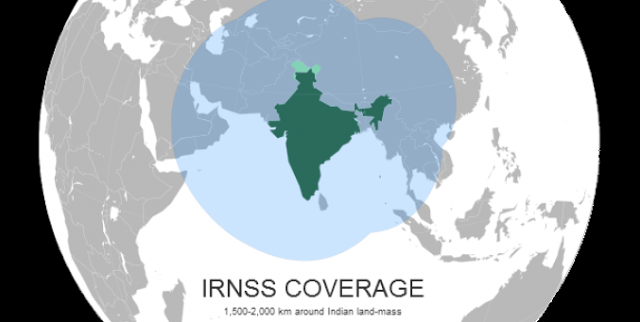The PSLV-C22 is all set to lift off the IRNSS-1A into space from the Satish Dhawan Space Centre in Sriharikota, today. With IRNSS-1A up in the geostationary orbit, India will have its first satellite dedicated to navigation.

A Sixty four and half hour countdown for the launch had begun on June 29 at 7.11 AM. Earlier, the launch was scheduled on June 12 at 1.01 AM, however, a technical snag in the second stage stalled it.
The System is an alternative to the ‘Global Positioning System’. The IRNSS will provide with a system similar to the GPS but exclusive to India only. The IRNSS will assist in ‘standard positioning’ as a part of civilian services and provide an edge with regards to security (for authorized users) as GPS cannot be depended upon during times of war. USA, Russia and China already have their exclusive navigation systems in place.
IRNSS-1A is the first satellite of the proposed constellation of seven satellites. ISRO plans to have the entire constellation in place by 2014. Three of these seven satellites will be in the geostationary orbit while the other four will be in the inclined geosynchronous orbit.
The IRNSS satellite would be functional within a week of its positioning in the orbit. It has the ability to cover a 1,500 km range with 20-metre accuracy. The Satellite weighs around 1,400kg and is expected to serve for the next ten years.
The PSLV-C22 is all set to lift off the IRNSS-1A into space from the Satish Dhawan Space Centre in Sriharikota, today. With IRNSS-1A up in the geostationary orbit, India will have its first satellite dedicated to navigation.
A Sixty four and half hour countdown for the launch had begun on June 29 at 7.11 AM. Earlier, the launch was scheduled on June 12 at 1.01 AM, however, a technical snag in the second stage stalled it.
The System is an alternative to the ‘Global Positioning System’. The IRNSS will provide with a system similar to the GPS but exclusive to India only. The IRNSS will assist in ‘standard positioning’ as a part of civilian services and provide an edge with regards to security (for authorized users) as GPS cannot be depended upon during times of war. USA, Russia and China already have their exclusive navigation systems in place.
IRNSS-1A is the first satellite of the proposed constellation of seven satellites. ISRO plans to have the entire constellation in place by 2014. Three of these seven satellites will be in the geostationary orbit while the other four will be in the inclined geosynchronous orbit.
The IRNSS satellite would be functional within a week of its positioning in the orbit. It has the ability to cover a 1,500 km range with 20-metre accuracy. The Satellite weighs around 1,400kg and is expected to serve for the next ten years.